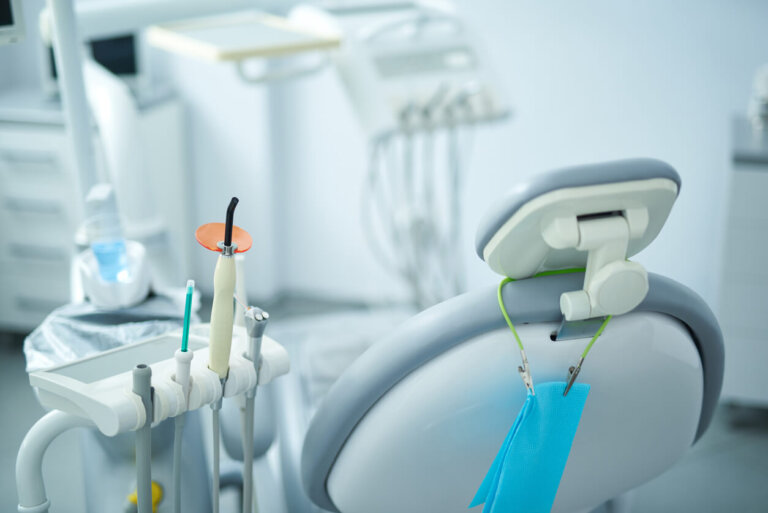Although most of us are taught from an early age to respect medical and dental professionals, there are times when our respect and trust may be misplaced. If you feel you have been mistreated by a negligent dentist, you may well be correct. At Dental & Podiatry Malpractice Lawyers of New York, we take all complaints of dental negligence very seriously. Because of the close proximity of dentists to their patients and the invasive nature of dental work, especially during the COVID-19 pandemic, dentists have to exercise extreme caution.
Incidents of dental malpractice are, unfortunately, more common than we would like to believe, representing a small but significant percentage of medical malpractice lawsuits. In some cases, such incidents slip by, unnoticed or unreported because the patient escapes negative consequences. Other times, though, dental malpractice may lead to painful and/or long-term complications. As with other types of medical malpractice, victims are legally entitled to sue for damages.
An experienced dental malpractice attorney with a track record of successful outcomes may be able to win you the damages you are entitled to as a victim of dental malpractice. Lance Ehrenberg, Esq., our dental malpractice attorney, has worked hard for many years to seek justice for patients like you who have been harmed by incompetent or careless dentists.
In Many Cases, Signs of Negligence Are There from the Beginning
Although you may not have noticed anything amiss until you experienced a bad extraction, serious infection, nerve damage, advanced gum disease, or tooth loss, there may have been signs of neglect or carelessness in your dentist’s office during your very first visit. Now that you seek to file a lawsuit, it may help your case to remember and record possible red flags.
Signs of Dental Negligence
You may not have noticed the following possible signs of potential trouble at first, or you may have considered them inconsequential. Nonetheless, professional negligence is often signaled by other careless behaviors. You may be able to think back and recall things that made you slightly uncomfortable but were then put aside; the following list may jog your memory:
- Was the staff efficient about scheduling your appointment?
- Was your temperature taken as you entered the office?
- Were you seen promptly? If not, was the waiting room socially distanced?
- Was the office immaculate and neat or slightly disordered?
- Did your dentist wear a face mask? Did his hygienist wear one, too?
- Were surfaces wiped down between patients?
- Did your dentist and other personnel wash their hands before treating you?
- Was sterilization equipment for dental tools visible and in use?
- Did the dentist take your complete medical history?
- Did your dentist have an assistant in the room during the exam or procedure?
- Did your dentist do a thorough or hasty examination?
- Did your dentist ask you about recent changes in your medication, overall health, dental or oral symptoms?
- Did the dentist discuss your medical and or surgical history before initiating any treatment?
Although some of these questions may seem unimportant, the answer to each can provide insight into your dentist’s approach to sanitation and safety.
Why the Answers to These Questions Matter
- Generally speaking, an orderly office and efficient staff indicate positive attention to detail and concern with cleanliness.
- During the pandemic, it is not only essential, but legally required, that your dentist follow CDC and ADA recommendations relative to temperature taking, mask-wearing (required even before COVID hit), and social distancing.
- Taking a full medical history and keeping it updated protect you from procedures that may be dangerous if you have a heart problem, wear an implanted device, or have an immune disorder, and from drug interactions or allergies to medications or anesthesia
- Your dentist should not be alone in the room with you without an assistant present, not only to give an impression of propriety but to have a possible witness if anything goes awry or if assistance is required.
If you have suffered tooth loss, advanced untreated gum disease, bone loss, or serious infection due to dental negligence, it is time for you to consult with a skilled, compassionate dental malpractice lawyer. Whether you missed early signs that should have made you wary or not, you have the right to seek just compensation.


